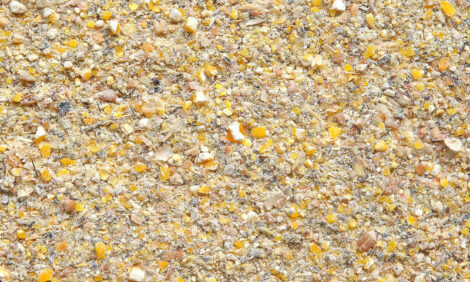



Super-Heated Steam Improves Drying of DDGS
CANADA - A researcher with the University of Manitoba says superheated steam can be used to improve the safety and effectiveness of drying dried distillers grains with solubles, writes Bruce Cochrane.Earlier this month, Dr Stefan Cenkowski, a biosystems engineering professor with the University of Manitoba's Faculty of Agricultural and Food Sciences, delivered keynote addresses to two food processing conferences in Poland.
Dr Cenkowski, who is investigating the use of super-heated steam in food processing, says that when used instead of hot air drying to dry the co-products of ethanol production, super-heated steam reduces environmental impact, improves drying efficiency, reduces energy consumption and eliminates the risk of fire or explosion.
Dr Stefan Cenkowski-University of Manitoba
Companies that produce ethanol need to dry spent grain at the end and spent grain is dried in drum dryers which rotate and the wet material is introduced inside but it takes about two minutes only for that material to pass through the drier and the temperature of the air which is used in this process is in the range of 600 degrees Celsius plus and it frequently happens that the drum can catch on fire because of the overheating.
Then the way to stop fire is to flood the drier with water so you can see that this drier will be eliminated for a couple of days, maybe even longer.
When you use steam for that purpose there's no risk of catching on fire because you don't have oxygen, you just have water.
Dr Cenkowski adds, while ethanol production concentrates proteins, fats and fibres in the dried distillers grains, it also concentrates any mycotoxin that might be present.
He says, while hot air drying has no effect on these compounds, the use of super-heated steam reduced the amount of mycotoxins by as much as 50 per cent.








